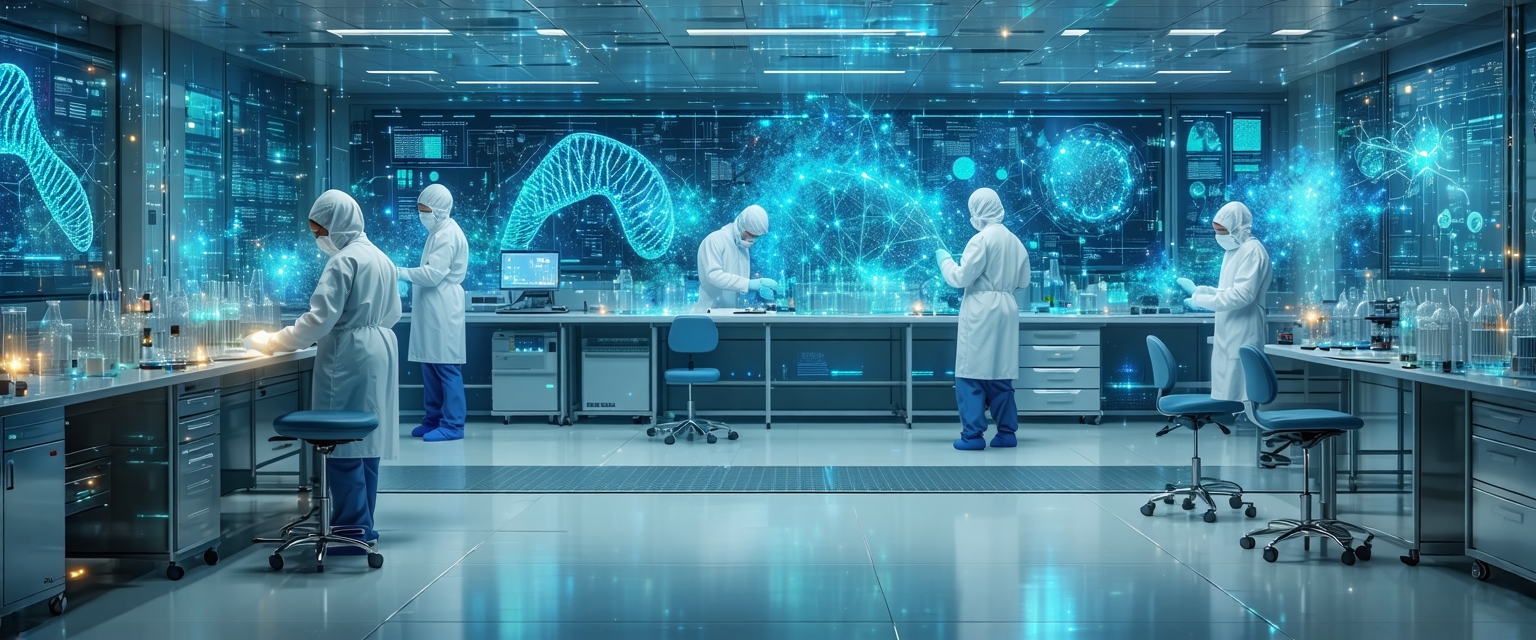






Biotechnology, the application of biological systems and organisms to develop or make products, has undergone a dramatic transformation in recent decades. Driven by advancements in genomics, molecular biology, and data science, it’s rapidly reshaping healthcare, agriculture, and industrial processes. This analysis examines the current state of the field, exploring its remarkable progress, emerging challenges, and future trajectory.
The Human Genome Project, completed in 2003, served as a pivotal moment, providing a blueprint of human DNA and accelerating research in gene editing and personalized medicine. Simultaneously, advances in computing power enabled the analysis of massive biological datasets, fueling the development of new diagnostic tools and therapies.
Early biotechnology focused on simple applications like fermentation and antibiotic production. Now, sophisticated techniques like CRISPR-Cas9 gene editing, synthetic biology, and advanced biomanufacturing are transforming various industries.
One of the most exciting recent developments is the progress in mRNA vaccines, demonstrated by their rapid deployment during the COVID-19 pandemic. This technology platform holds immense potential for tackling a wide range of infectious diseases and even cancers. Furthermore, advancements in cell and gene therapies are offering hope for previously incurable conditions.
Precision medicine, tailoring treatments to individual genetic profiles, is also gaining momentum. This personalized approach promises to improve treatment efficacy and reduce side effects. The development of bio-based materials for sustainable manufacturing is also rapidly advancing.
According to a report by the McKinsey Global Institute (2021), the biotechnology sector is projected to generate trillions of dollars in economic value over the next decade. Dr. Jennifer Doudna, a pioneer in CRISPR technology, has highlighted the ethical considerations surrounding gene editing, emphasizing the need for responsible innovation. (Source: Doudna, J. A. (2015). Science).
However, concerns remain about access and equity. The high cost of new therapies can create disparities in healthcare access, necessitating careful policy considerations. Data from the World Health Organization highlights the need for global collaboration to ensure equitable distribution of biotechnology advancements.
The future of biotechnology promises continued breakthroughs in healthcare, agriculture, and industrial applications. However, potential risks include unintended consequences of gene editing, ethical dilemmas surrounding artificial intelligence in drug discovery, and the potential for misuse of powerful technologies.
Opportunities lie in developing sustainable bio-based solutions, improving global food security through genetically modified crops, and advancing personalized medicine. Regulatory frameworks need to adapt to the rapidly evolving landscape, balancing innovation with safety and ethical considerations.
“`